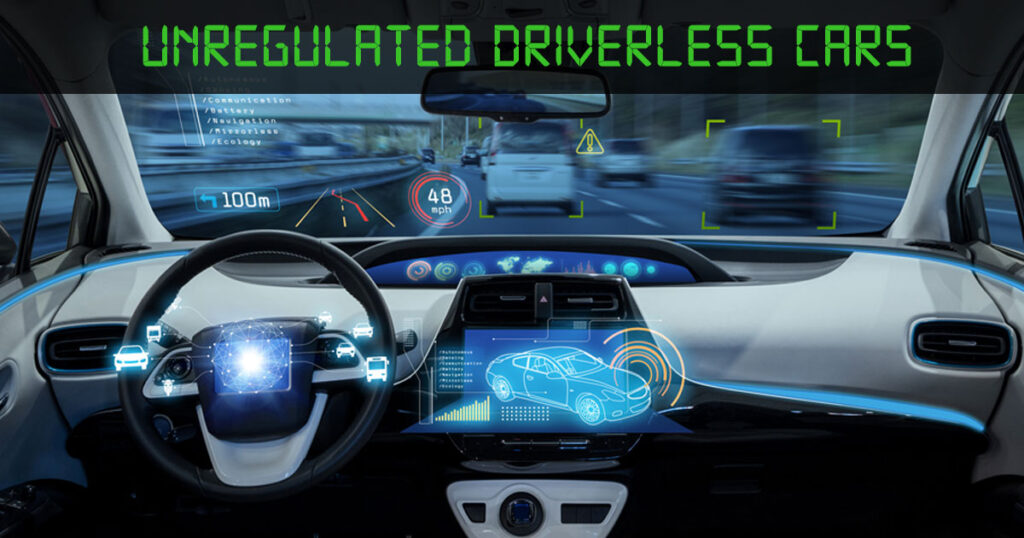Vehicle manufacturers are
pushing hard toward autonomous vehicle technology. Ride-sharing services like
Uber are already putting some of these vehicles on the road, and unfortunately,
this has already resulted in some accidents and deaths. While the technology
has promise for reducing accidents over time, the rush to implement it creates
the potential for more problems in the meantime. Unless regulations are put in
place, manufacturers are looking at tremendous liability risks as more vehicles
hit the road.
Potential Benefits of
Driverless Cars
The concept of driverless
cars is still not reality. Cars that rely on programming and sensors should
react more quickly and more reliably than human drivers. However, that has not
proven to work. Autonomous cars will not get tired or distracted, but they
malfunction and break down. They should obey traffic rules, like a green light,
but if there is a car acting erratically coming into the intersection, an
autonomous car cannot identify this risk, override the traffic signal and
decide not to proceed through the intersection using subjective decision making
processes.
Of course, theory and reality
seldom connect immediately. Driverless cars will require human intervention for
certain situations. Further, with sophisticated hackers in the world,
autonomous cars risks having a malicious actor create problems on the road.
Just as computer users learn all too often, a person attempting to override
this may be unable to react to an attack unless it is too late.
Regulation Matters
The risks that come with
driverless cars do not mean manufacturers should not develop or use the
technology, any more than having tired or distracted drivers on the road means
that no one should drive. Before these vehicles hit the highway en masse,
though, regulators need to get ahead and work to protect drivers’ safety. Regulators
must enact security standards. Autonomous cars collect and send information
constantly as part of how they function. Absent security measures, these
communications can be intercepted or even taken over by someone outside of the
vehicle. In the event of a malicious intervention, those traveling in or near
driverless vehicles could face tremendous risks. Driverless cars should never
replace the responsibility of the driver to maintain, monitor and control the
car. A drunk driver should not be
allowed to get into a “driverless” car and escape liability if the car or driver
do not operate properly.
Personal Injury
Compensation
If a person is injured by the
fault of an automated car, the driver should still be held responsible, for the
duty to maintain and operate a car, which is a dangerous instrumentality, is
nondelegable. The owner of a car is liable for its negligent operation, even if
it was at the fault of the computer instead of another driver.
So, if the technology ever becomes better than humans in driving, it will still
be the dual responsibility of the automated car and the driver to act
reasonably. For example, brakes are supposed to stop when your foot presses the
brake pedal. If the brakes are bad, then
the owner is responsible for failing to maintain the vehicle and liable for a
crash. The same would be true with automated cars. If the car fails to stop at
a stoplight, the owner is responsible for failing to maintain the vehicle or
override the system and stopping the car before an accident occurs.
Anyone injured in an accident
involving autonomous cars will need strong, experienced legal representation.
That is where we come in. Swift, fierce, and female. We will fight for your
injury compensation.
If you or someone near you
has been injured in a car accident call the Law Office of Gloria Seidule.
Gloria serves clients in Stuart, Port St. Lucie and Fort pierce, FL. We offer a
free consultation and case evaluation. No recovery No fees. 772-287-1220




